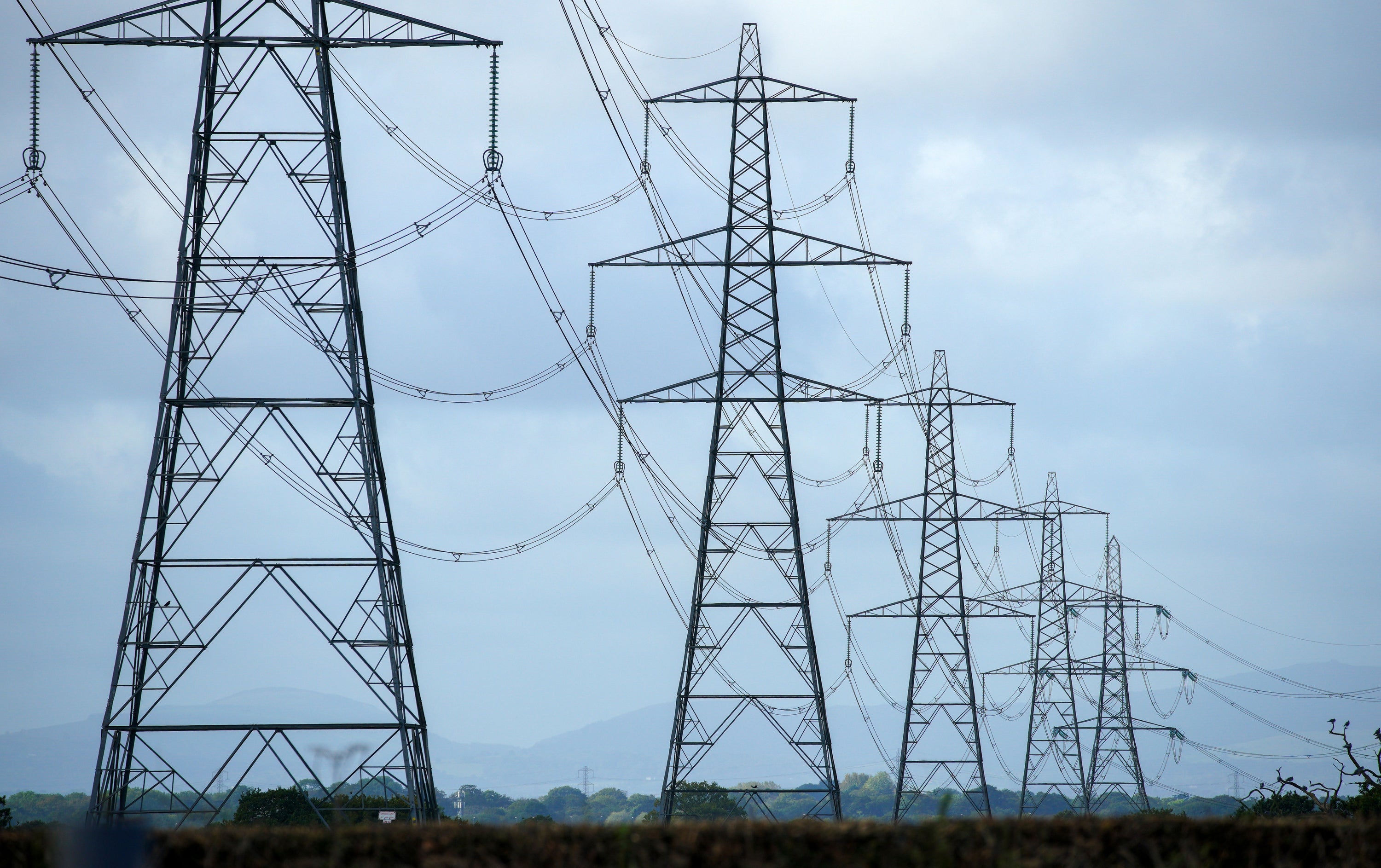One in five cut back on energy use as cost of living rises
One quarter of adults are dipping into savings to deal with the rising costs

Your support helps us to tell the story
From reproductive rights to climate change to Big Tech, The Independent is on the ground when the story is developing. Whether it's investigating the financials of Elon Musk's pro-Trump PAC or producing our latest documentary, 'The A Word', which shines a light on the American women fighting for reproductive rights, we know how important it is to parse out the facts from the messaging.
At such a critical moment in US history, we need reporters on the ground. Your donation allows us to keep sending journalists to speak to both sides of the story.
The Independent is trusted by Americans across the entire political spectrum. And unlike many other quality news outlets, we choose not to lock Americans out of our reporting and analysis with paywalls. We believe quality journalism should be available to everyone, paid for by those who can afford it.
Your support makes all the difference.More than one in five Britons have cut back on energy usage even ahead of a massive spike in gas and electricity prices in April.
The Office for National Statistics said that 66 per cent of adults said that their cost of living has increased in the past month, most of whom said that gas and electricity bills had contributed to the rise.
Of these, just under one third said that they were cutting back on spending on fuel such as gas and electricity.
More than half are spending less on non-essentials, while one quarter are dipping into savings.
The data offers a glimpse of the cost of living crisis which is only going to get worse in April.
Overall inflation in the UK hit 5.4 per cent in the 12 months to December, the highest level in nearly three decades.
Part of this was caused by a rise in energy costs in October, when the cap on household energy bills was set at a record £1,277 for an average household.
In April this cap is expected to rise further, probably to around £1,900 according to experts at Cornwall Insight.
It is likely to cause pain for millions of households, especially those with less insulation which will need to burn more gas to stay warm.
More than 86 per cent of households in England use gas to heat their homes, according to figures from 2019.
But poorly insulated homes are a lot more costly to heat. Average fuel costs in 2019 – before the massive spike – were £1,057 for well-insulated homes
These homes had energy ratings – called SAP – of between A and C. However D-rated homes cost £1,279 to run, while G-rated homes saw fuel bills reading £3,071, the ONS said.
Fewer than half of English homes have a rating of C or higher, according to data from last year.
Households with lower incomes will have a tougher time. The poorest 10 per cent of households use 54 per cent of their average weekly spend just to cover essentials, which includes energy, housing, food and transport.
The richest 10 per cent, meanwhile, spend 42 per cent on the same essentials.